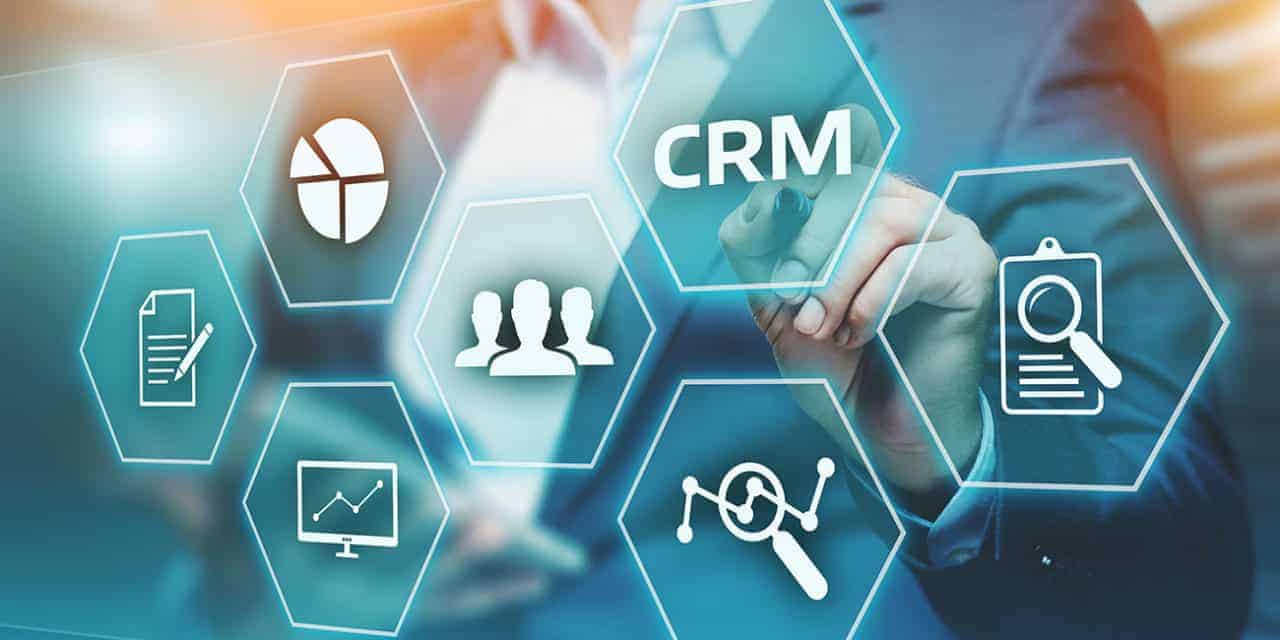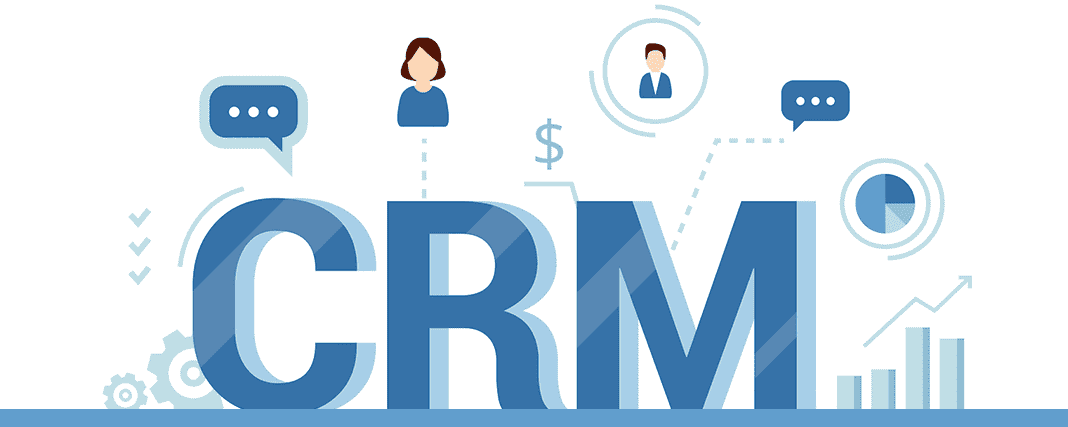Nonprofits are working hard to modernize how they work with donors and acquire new ones.
One of the most important parts of that strategy? For most nonprofits, it’s the use of powerful tools including customer relationship management software or CRM. EveryAction data software consolidates all of the information you need in one place and helps you streamline donor management.
The following are some things to know about CRMs in general and considerations specific to a nonprofit.
What is a CRM?
CRM is a customer relationship management tool that helps with developing, acquiring, and retaining customers. In the situation of a nonprofit, a customer would actually be a donor.
The goal of using a CRM is that you can manage each step of your donor interactions efficiently and increase the amount of money you raise.
You can store donor data from different channels in one consolidated location.
Since there’s easier access to data and more overall visibility, you can improve productivity and collaboration across your organization.
At a glance, you can also see everything about your donors.
What Are the Benefits of a CRM?
A CRM helps you manage your current donors more effectively and also find new donors.
You can develop your relationships thanks to the information that’s easily accessible in a CRM.
Some of the details that might be in a CRM about an individual donor can include their contact information, their activity with the nonprofit, and things like communication preferences.
One of the biggest benefits of a CRM is that it helps you engage your donors with the right messaging, delivered the right way, and at the right time.
Everyone can work faster, but also with the power of data and analytics.
A CRM may also have automation features so you can speed-up administrative tasks.
What Features Should You Look For?
If you’re choosing a CRM for a nonprofit, you should be aware there are platforms specifically designed for that use.
Some of the features to look for as you make a decision include:
- Targeted emails: A big part of a modern marketing strategy for any nonprofit is email. With a good CRM solution, you should be able to create emails from within the platform. Build in the option to donate with one click.
- Online fundraising: For nonprofit marketing, you should aim to give current and potential donors the most options for donating. You want donation pages optimized for mobile, and giving should be facilitated in a single click. The more steps or complications, the less likely the donation will be.
- Integration with social media: Look for a CRM that lets you track your supports’ influence across social media profiles and see what they’re saying.
- Data visualization: What not just modern nonprofits, but modern organizations, in general, are discovering is that the ability to collect and then use data is critical to their success. A CRM should facilitate data collection and you should be able to analyze that data easily, with features that will help you build simple, illustrative charts and graphs.

What Else Should You Consider When Choosing a CRM?
As you choose a CRM, you’ll want to think about some factors that are specific to your organization.
For example, who’s going to be using it, and how comfortable are they with technology? Regardless of their digital literacy, you want something user-friendly. If software isn’t user-friendly, employees and volunteers will get frustrated and not take advantage of it, making it a wasted investment.
How difficult will it be to train users on the new software? Does the platform offer training support?
If you’re only going to have a few people who are using the software, you might find a solution that lets you pay by the user. Otherwise, if many people are going to use it, you may need to find a broader subscription coverage plan.
Think about the information that’s most relevant to your nonprofit that you need to track.
Overall, when you implement a CRM into your nonprofit, it will give you tremendous opportunities to identify potential gaps in your donor strategy and then address those. It will help you not just create new donor relationships but strengthen the ones you already have.
It’s also going to make everyone’s job easier with automated features.
If you haven’t already, it could be a good time to explore donor data software for your nonprofit.







